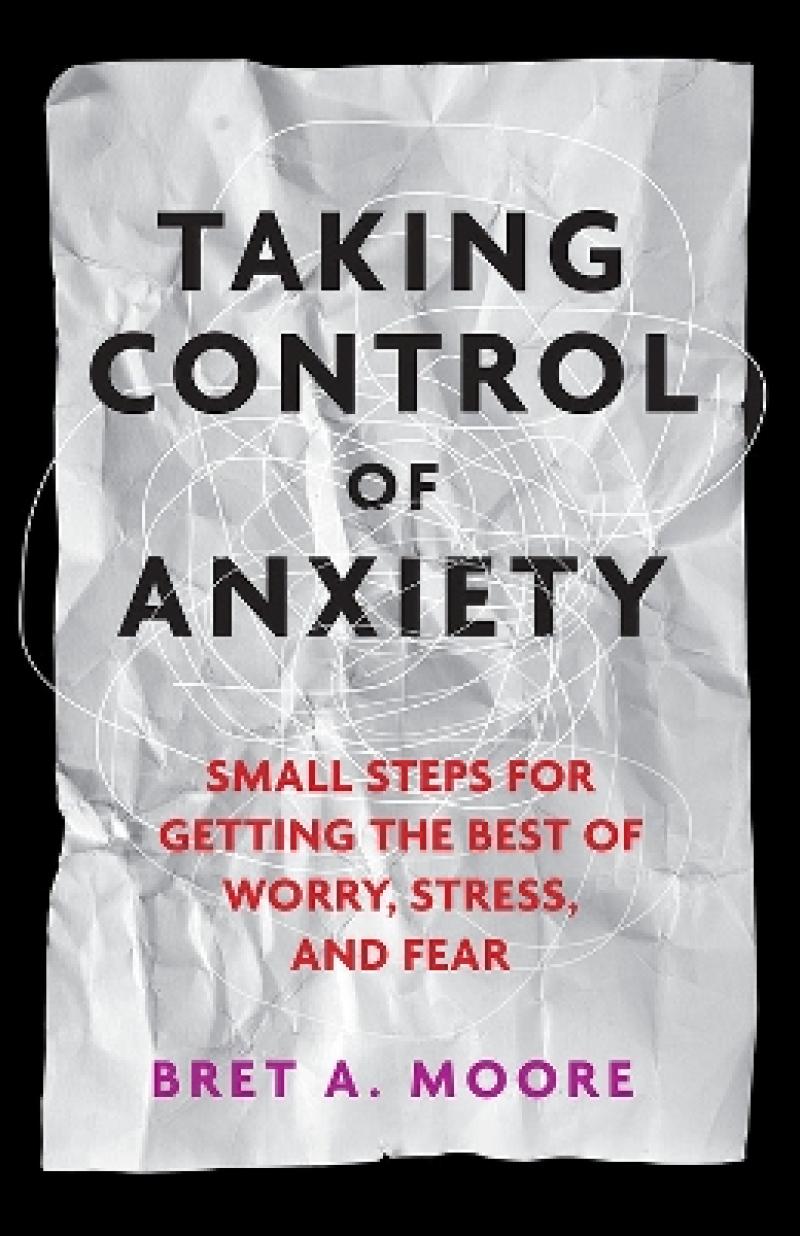A breath of fresh air, wonderfully conceived and likely to benefit many individuals who are concerned about worry, stress and fear in their lives amp hellip It is unquestionably one of the best self-help resources I have come across amp ndash comprehensive, fully informed by the best contemporary research and action-oriented on every page. Psychologists and other mental health practitioners should surely suggest the book to clients pursuing anxiety treatment. As well, the book is a terrific reference for professionals in building an integrated psychotherapeutic practice devoted to anxiety disorders. (New England Psychologist) Moore provides the public with a comprehensive, useful, and approachable set of skills for the management of anxiety. Readers who implement even just a few of the strategies will likely find themselves leading not only a less worrying, but a happier and more fulfilling life. (PsycCritiques)
This straightforward guide filled with compelling case examples and easy to use techniques will teach you to identify, reduce, eliminate, and prevent the negative effects of anxiety.
Anxiety, in different forms, affects almost everyone at one time or another. For spurring you to make decisions or perform, it can actually be helpful. But when anxiety gets out of hand, whether it's from everyday stress or a severe chronic condition such as panic, posttraumatic stress, or overwhelming worry, you need to learn how to manage. Drawing on the field's most well established and studied methods for reducing anxiety, Dr. Moore compiles them here in one source. Free from scientific jargon, this concise how-to book can be a ready reference on your desk or nightstand or in your backpack or briefcase.
You will learn how to tweak your daily schedule, your thinking patterns, and your reactions to the things you fear, for maximum gains in your life. While the book emphasizes self-help techniques, it also demystifies anxiety medications and offers guidance for finding professional help, should you need it.
Overcoming anxiety doesn't have to be complicated. Following the step-by-step checklists and detailed plans in this book will get you on your way.
Acknowledgments
Anxiety: An Introduction
- I Can't Control the Way My Brain Works, Can I?
- How Can I Train My Mind Not to Worry?
- What Is Mindfulness?
- Routines and Habits Aren't That Important, Are They?
- I Feel Anxious About Exercising amp hellip So How Can That Help?
- I Don't Have Time to Relax!
- What Does It Mean to Manage My Environment?
- Can't I Just Stay Away From the Things I Fear?
- How Can I Take Control of Panic Before It Takes Control of Me?
- What If I Need Professional Help?
- Try These! A Year's Worth of Quotations and Tips for Relieving Anxiety
Index
About the Author
